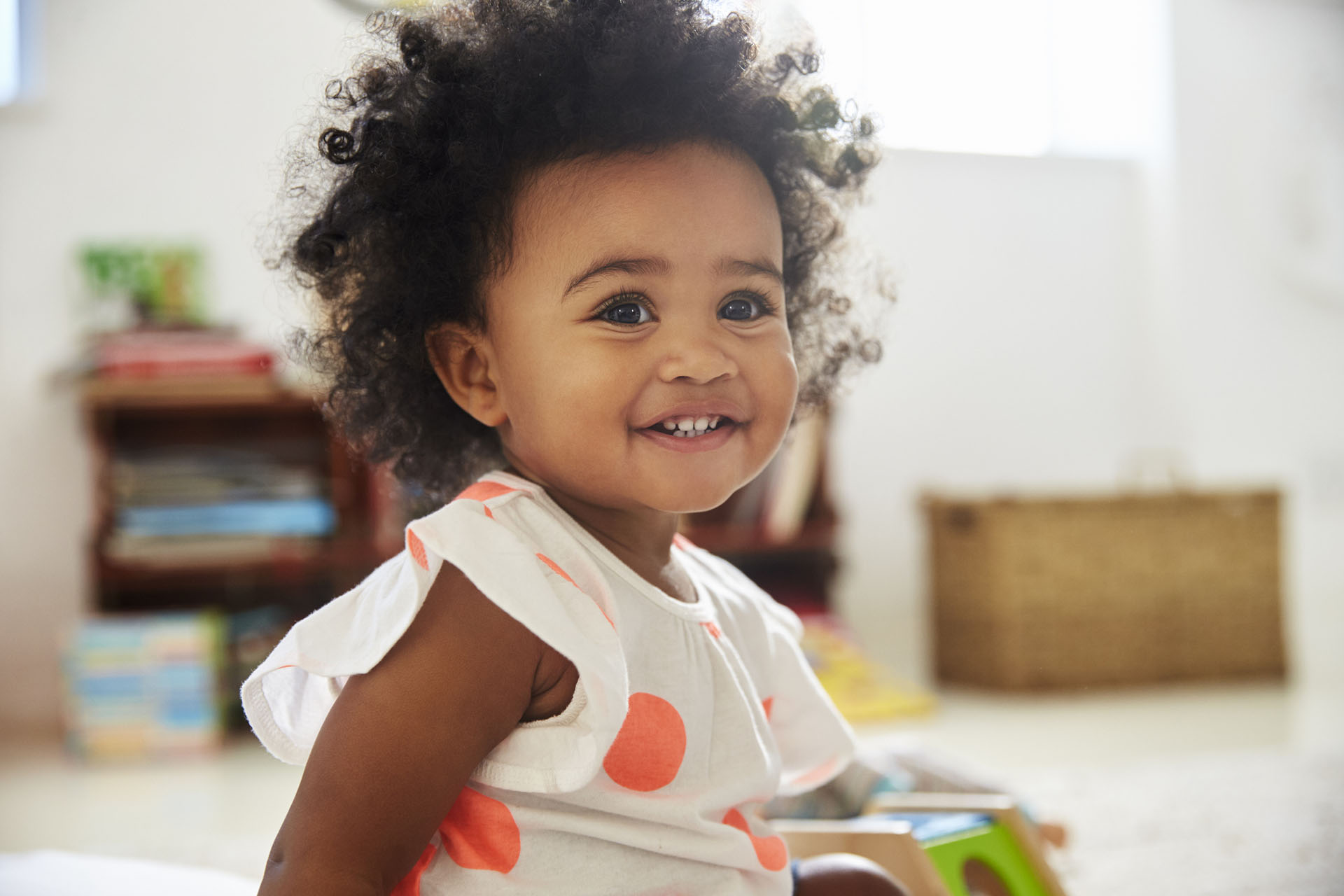Toddler
4 min Read
Can you potty-train in three days?

March 30, 2015
Toddler
4 min Read

March 30, 2015


When my son ditched the diapers and graduated to the toilet, I celebrated with a well-deserved dessert and a glitzy night on the town! In fact, it took several attempts over the course of months to fully potty train my resistant child.
But for Shawna Kilpatrick, a mom of two, all it took was three days to diaper freedom with her two-year-old daughter. Shawna followed Lora Jensen’s Three Day Potty Training method, a popular potty training guide available only online. Jensen’s website claims that no other potty training method has this kind of track record.
The steps sound simple enough. First, have your child help you throw all of the diapers in the garbage so they know that there is no going back (use a clean garbage bag and donate them).
Next, put your child in brand new underwear and make a big deal about how they are a big girl/boy now. “We told our daughter, ‘look you’re a big girl like your sister!’” says Shawna. “She was excited to show family and friends the new princess underwear in her dresser drawer.”
Show your children where the potty is and tell them to let you know when they have to go. “We’d remind my daughter every 15 minutes, ‘don’t forget to tell me if you have to go to the washroom’,” says Shawna. When you see the first sign of them needing to go, or if they start to go by accident, take them to the potty so they can finish there.
While some parents use stickers as a reward tool, Shawna made each success more personal. “We had friends and family make videos celebrating her success so when she’d go on the potty, we’d show her one of the videos,” says Shawna.
The three-day method requires scheduling three days of no plans at home and watching your child for signs. If your child has an older sibling, he or she should also not be home. Shawna and her husband would take turns taking their four-year-old daughter out of the house so their little one wasn’t distracted.
How did Shawna’s daughter do? “When she had an accident the first day, we’d just say ‘oh yucky’ and clean up the mess but didn’t make a big deal out of it,” says Shawna. The second day she had two accidents and by the third day, her daughter had just one accident.
“It’s super stressful as a parent because it’s very boring to watch. It’s a hard three days on you but you can’t let the kids see that,” says Shawna. “As long as the child sees it as a positive experience, it does work.”
While many children can be potty trained within three days, some kids take a few weeks, and others are simply not ready so will seem to take longer.
Dr. Deborah Gilboa, family physician and author of Get the Behavior You Want… Without Being the Parent You Hate!, says developmentally, kids need to have several skills before they can potty train. “The child has to figure out how to hold in the pee or poop and control it,” Dr. Gilboa says.
Children must show physical signs of readiness and be able to recognize a feeling of fullness in the bladder or rectum. For girls this happens between the ages of 18–30 months and for boys usually between 24–36 months. For more criteria, see right.
Children also need to be able to stop what they’re doing, like playing, watching a screen or looking at a book and go to the bathroom. “The ability to delay gratification for a different goal can take a long time to learn,” she adds.
Potty training is a major milestone for kids and parents. There is no set age for potty-training success, but your child should be showing emotional and physical readiness. While many kids show interest by the age of two, others may not be ready until closer to three. Is your child ready? Here are some questions to consider:
Does your child:
Is your child:
If you answered mostly yes, your child might be ready for potty training. If you answered mostly no, you may want to wait a few months.
Originally published in ParentsCanada magazine, April 2015.